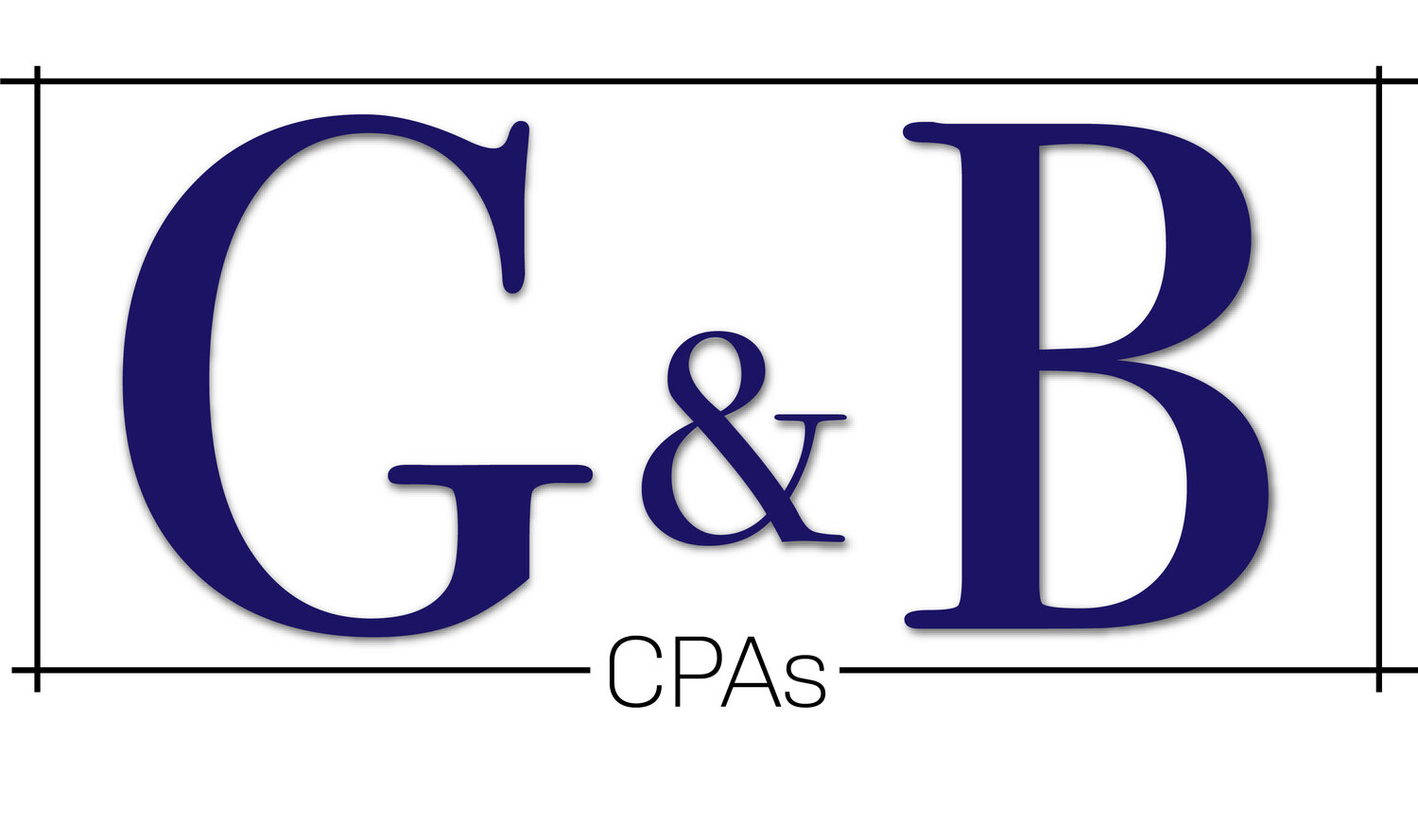Be informed and avoid false IRS scams!
With continuing scams taking place across the country, the IRS wants to help taxpayers understand how and why agency representatives may contact taxpayers.
TEXT MESSAGES: The IRS does not send text messages, including shortened links, asking the taxpayer to verify some bit of personal information. These fraudulent messages often contain bogus links claiming to be IRS websites or other online tools. The IRS reminds everyone NOT to click links or open attachments in unsolicited, suspicious or unexpected text messages.
EMAIL: The IRS does not initiate contact with taxpayers by email to request personal or financial information. The IRS initiates most contacts through regular mail. If a taxpayer receives an unsolicited fraudulent email that appears to be from the IRS, report it by sending the email as an attachment to phishing@irs.gov.
PHONE CALLS: Taxpayers will generally first receive several letters from the IRS in the mail before receiving a phone call. The IRS does not leave pre-recorded, urgent or threatening voice messages. Additionally, the IRS (and its authorized private collection agencies) will never:
Call to demand immediate payment using a specific payment method such as a prepaid debit card or gift card. The IRS does not use these methods for tax payments.
Threaten to immediately bring in local police or other law-enforcement groups to have the taxpayer arrested for not paying.
Demand that taxes be paid without giving the taxpayer the opportunity to question or appeal the amount owed.
Ask for credit or debit card numbers over the phone.
